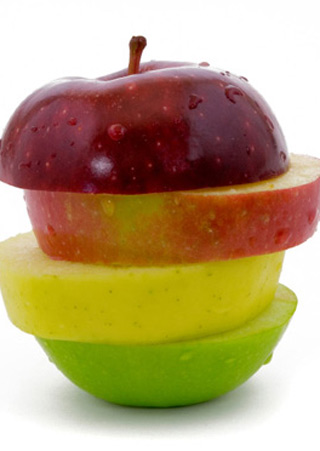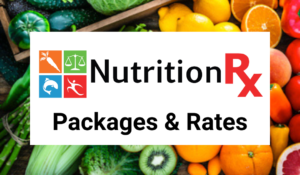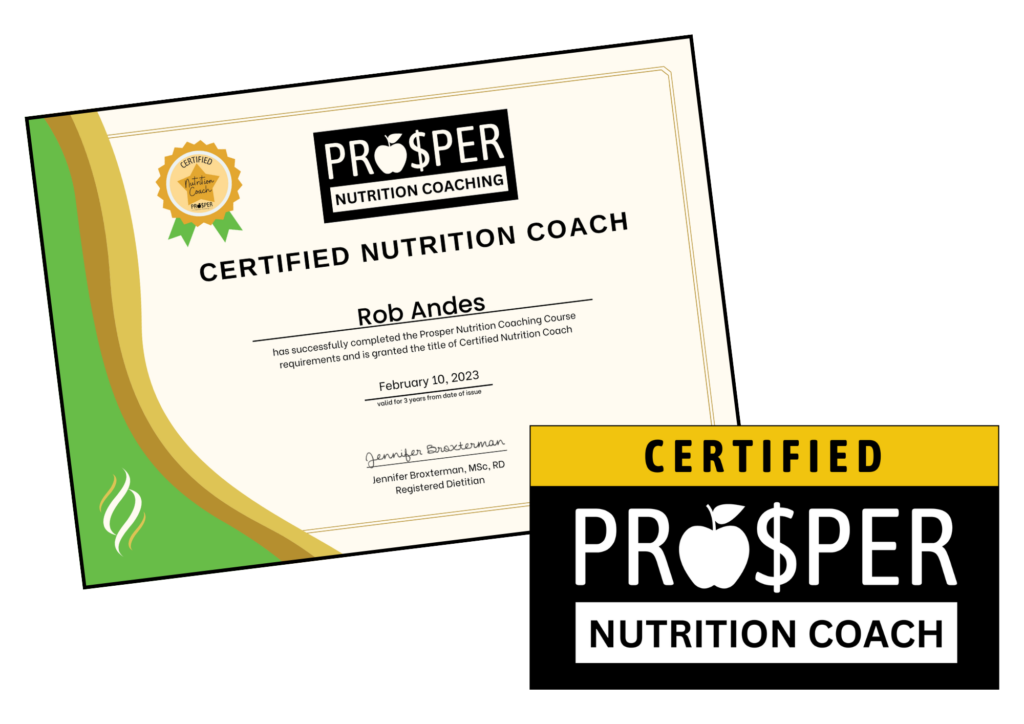

A Mindful Eating Self-Assessment Quiz
The following is a self-reflection exercise I often use with my nutrition clients who are working towards becoming mindful eaters. The goal is to help individuals become better in touch with their bodies’ wants, needs, and signals after deciding once and for all to ditch harmful “dieting” and negative thought patterns. Take the quiz below to see if you are a mindful eater.
-Jennifer Broxterman, MSc, RD
Registered Dietitian & Sports Nutritionist
NutritionRx | Professional nutrition counselling services in London, Ontario, Canada
info@nutritionrx.ca
Are You a Mindful Eater?
From the Book: Eat, Drink, and be Mindful by Susan Albers, Psy.D
The following are characteristics of mindless dieters, mindless overeaters, undereaters, chaotic eaters, and finally, mindful eaters. This list contains key symptoms, but it is not an exhaustive list. People’s mindless eating habits are expressed in many unique ways. Use this as a rough guide to see what types of mindless eating you experience. Put a check mark next to behaviours that describe yours.
Download a Printable Mindful Eating Self-Assessment Quiz
Mindless Dieter
Has tried many different kinds of fad and yo-yo diets that don’t last long
Buys lots of diet products, magazines with diet tips, diet guides
Feels guilty when eating something “bad” or off the diet
Ignores the taste of diet food
Has a body image ideal in mind and feels unhappy with self without it
Scrutinizes food labels and follows “food rules”
Mindless Overeater
Has ups and downs in weight
Eats until feels uncomfortable; is aware of fullness but keeps eating
Picks at food mindlessly; grazes on food
Feels out of control and unable to stop
Has intense food cravings
Feels embarrassed to eat with others
Uses food to comfort self or to maintain pleasant feelings
Mindless Undereater
Skimps on nutritional needs
Cuts out certain foods or food groups
Is obsessive about calories, carbohydrates, fat, or some other single aspect of food
Worries a lot about weight
Desires perfection
Feels good about self when hungry
Isolates instead of eating with others
Fears losing control
Mindless Chaotic Eater
Looks for a way to compensate for overeating (by exercising or purging)
Has ups and downs in weight
Sometimes purchases large amounts of food and sometimes restricts food (or has a perceived binge: eats a quantity of food that he or she believes is a lot but many not actually be that much)
Thinks critically about self; other areas of life also seem out of control
Has difficulty coping with stress; often uses food to help cope
Often uses food to numb out
Has many symptoms of overeating
Feels empty
Eats while doing something else and seldom feels full
Mindful Eater
Flexible about eating (sweets and healthy foods in moderation)
Aware of nutritional needs, able to meet body’s needs
Familiar and in touch with body (hunger cues, fullness)
Trusts body to give accurate cues of hunger and fullness; hunger doesn’t cause a lot of anxiety
Comfortably eats when hungry and stops when full
Nonjudgmental of self; accepting of body; notices self-criticism and can redirect thoughts
Focuses on the impact of food on health and general well-being
Enjoys food; doesn’t get bogged down by guilt
Eats mindlessly occasionally (such as on holidays or around a favourite food)
Recovers quickly from any incidents of mindless eating
This worksheet should give you a general idea of where you fall on the spectrum between mindless and mindful eating. Keep in mind that people experience eating issues in so many different ways. Some elements may be familiar to you and some may not.
Wishing you health & happiness,
♡ Jen
Jennifer Broxterman, MSc, RD
Registered Dietitian
NutritionRx: happy, healthy living with our team of Registered Dietitians
Prosper Nutrition Coaching: a world-class nutrition coaching certification
+
+
+
Want to work with a NutritionRx Registered Dietitian?
Learn more here: Nutrition Packages & Rates
+
+
+
Want to become a Certified Nutrition Coach?
Learn more about our habits-based Prosper Nutrition Certification




